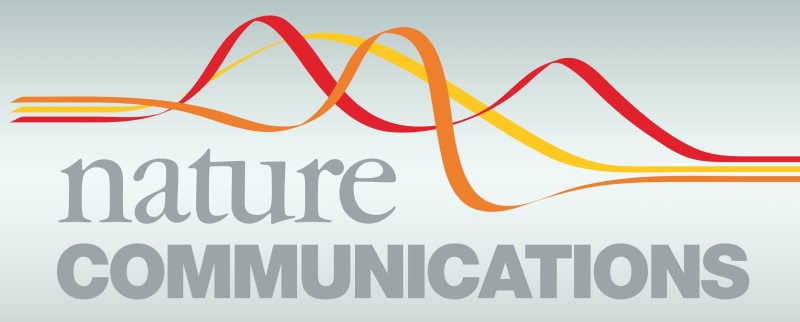
RYAN – Misconceptions about weather and seasonality must not misguide COVID-19 response
Colin J. Carlson, Ana C. R. Gomez, Shweta Bansal & Sadie J. Ryan
Article first published online: 27 AUG 2020 Nature Communications
ABSTRACT:
Weather may marginally affect COVID-19 dynamics, but misconceptions about the way that climate and weather drive exposure and transmission have adversely shaped risk perceptions for both policymakers and citizens. Future scientific work on this politically-fraught topic needs a more careful approach.
Since the first weeks of the pandemic, substantial scientific and public attention has focused on how the weather could reduce or alter COVID-19 transmission. Whether due to increasing scientific attention on climate change and health or simply because the novel pandemic virus has forced us to look to other diseases for ideas, many were expectant—if not outright hopeful—that SARS-CoV-2 might show environmental sensitivity that curbed epidemic risk in some way. Now, clarifying and refining those expectations with available evidence is urgent, particularly in terms of how scientists communicate with policymakers and the public.
Read the full publication at Nature Communications